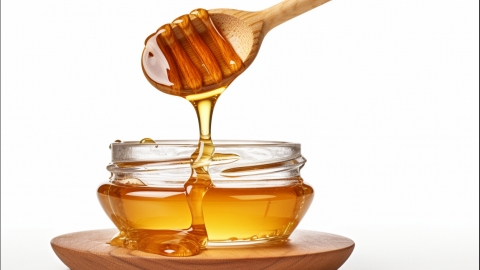Can diabetic patients eat honey?
Generally, diabetic patients are not advised to consume honey. Honey has a high sugar content and causes a rapid increase in blood glucose levels, which may lead to significant fluctuations in blood sugar and be detrimental to disease management. A detailed explanation is as follows:

The primary components of honey are glucose and fructose, both of which are monosaccharides that are rapidly absorbed by the human body, directly causing a sharp rise in blood sugar levels. Diabetic patients inherently have weakened blood sugar regulation functions. After consuming honey, blood glucose levels may surge within a short time, increasing the burden on the pancreas. Long-term consumption may also worsen insulin resistance and affect blood sugar stability. Additionally, honey contains almost no dietary fiber or other components that delay sugar absorption, so it cannot release sugar gradually like other foods, further increasing the risk of blood sugar fluctuations.
Even diabetic patients whose blood sugar levels are relatively well-controlled should approach honey with caution. If there are special circumstances requiring its consumption, intake must be strictly controlled. Small amounts may be cautiously tried only with blood glucose monitoring, while simultaneously reducing consumption of other staple foods or carbohydrate-rich foods to avoid exceeding total calorie limits.







